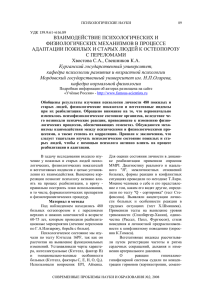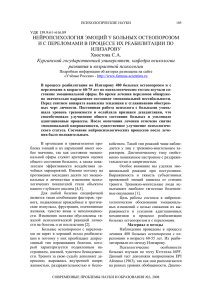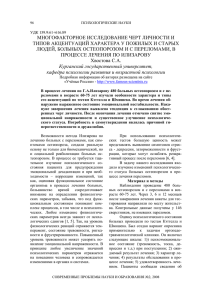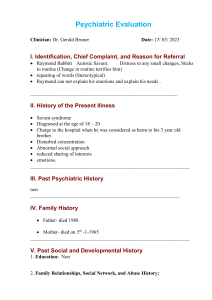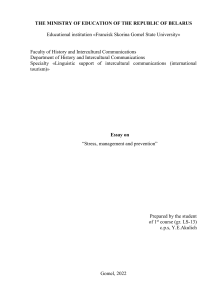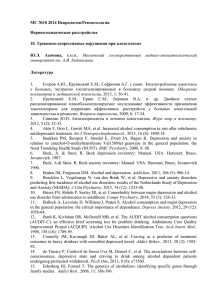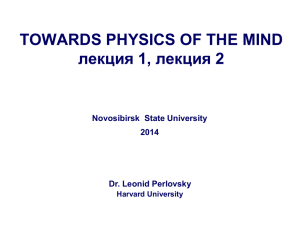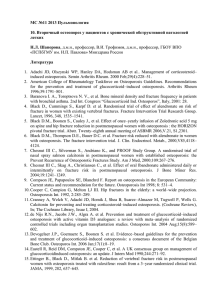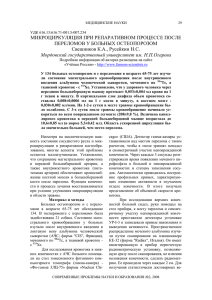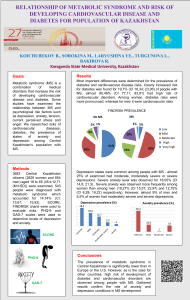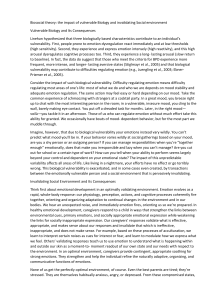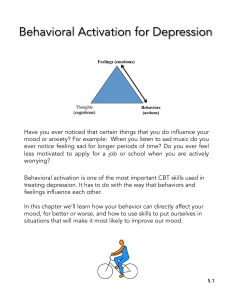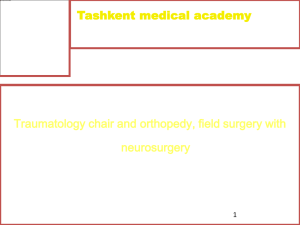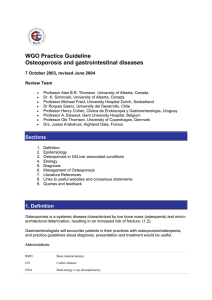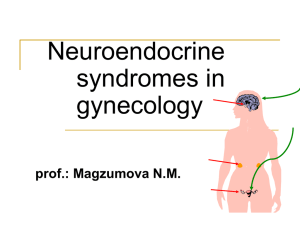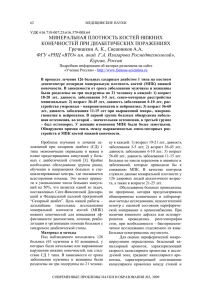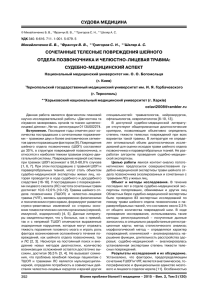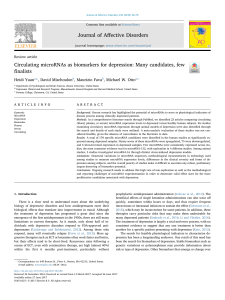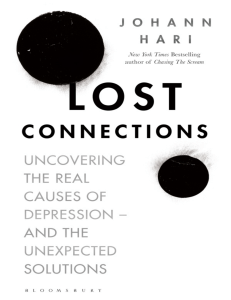фазы стресса после переломов костей скелета у больных
advertisement
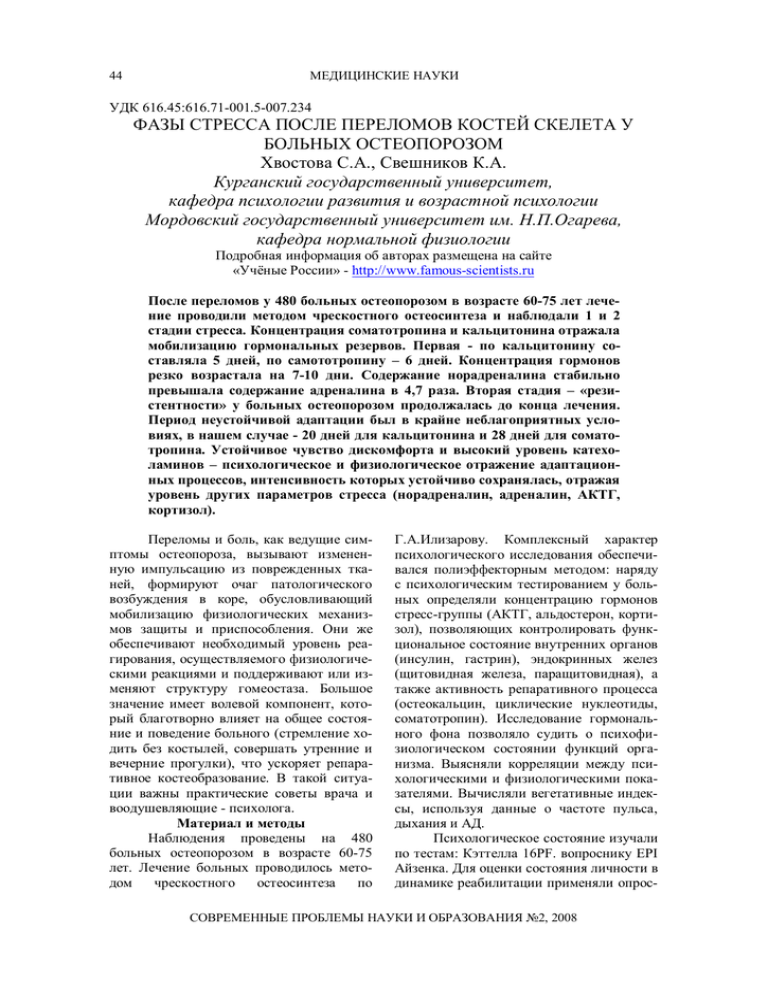
44 616.45:616.71-001.5-007.234 ., . , . , » - http://www.famous-scientists.ru 480 60-75 2 1 . 5 . – 6 , 7-10 - - . . 4,7 . – « . - , , » , - 20 28 . – , , ( , ). , - , . : , , - ( . , , - ), - , , ), , ), . , ( , ), - , ). - . , , . . - . , . . 480 60-75 - : 16PF. EPI . 2, 2008 45 MMPI. " " . - . - , . . - 10 . (1-3 ) , . - , . . , « », . Microsoft® Excell (Microsoft® Office 2007 – Professional Runtime). . 1 . , , , , . - ) 5 –6 , . - , 2 ( « « » » » - , . . , - , , , . « » - (7-10 ). - – , , – . , , - , , , . , (« ), » , - , » , - , , , – . , , , , , , , , , , , , , . . - . , - , 4,7 - . . – « » – . 2, 2008 - 46 - - . - . , , - , . 11 – , . - . , , - 20 ( 28 - . ) – . - . . , - – ( , , - . - , . , , , - , ). : 1) - , . ( , , , ; , ); 2) - ( , , , « » , , . ; - . , , ). , - , , , . . " . " " - " – - ". . “ ” . - “ ”. « » 3 « »: , , « ». , , - , , . - . - , . : 2, 2008 - 47 , , . . - , , . - , , . , , - . . - , , , ( ) , , ), ( ). ( , , , - . . - : . // 4. . 9. ., . 1989. . 15. 1. . 1998. . 24. 2. , . // . 2002. . 294. 4. , . , . // 1. . 121. 3. . - . 2002. . 180. 5. . . . . 96. 1 . . . 4- . , . // : . , . // . . 2004. . 90. . , . 8. STRESS PHASES AFTER SKELETON BONES FRACTURES IN OSTEOPOROSIS PATIENTS Khvostova S.A., Sveshnikov K.A. Kurgan state university, chair of maturity and age psychology Mordovian state university of N.P.Ogarev, chair of normal physiology At admittance to the hospital of 480 elderly and old people aged 60-75, with osteoporosis and fractures there was a high level of anxiety, there were some signs of desadaptation, manifestations of frustration and depression, evident emotions like sadness, distress and mazement. Psychological condition improved due to the work of psychologist with the patients, and also development of individual verbal schemes of psychological activity and training of patients to use them. Even at the age of 60-70 year the level of uneasiness and depression decreased, the number and brightness of emotions increased, activity and work capability increased. Systematic talks to psychologist decreased the level of uneasiness and symptoms of depression de to the skill to transfer the uneasiness to the sphere of interpersonal relations and communicative connections, and also to switch patient’s attention to other problems. It helped to maintain the achieved effect, improved the psycho-physiological condition of body functions, decreased the negative emotions and their consequences. 2, 2008
